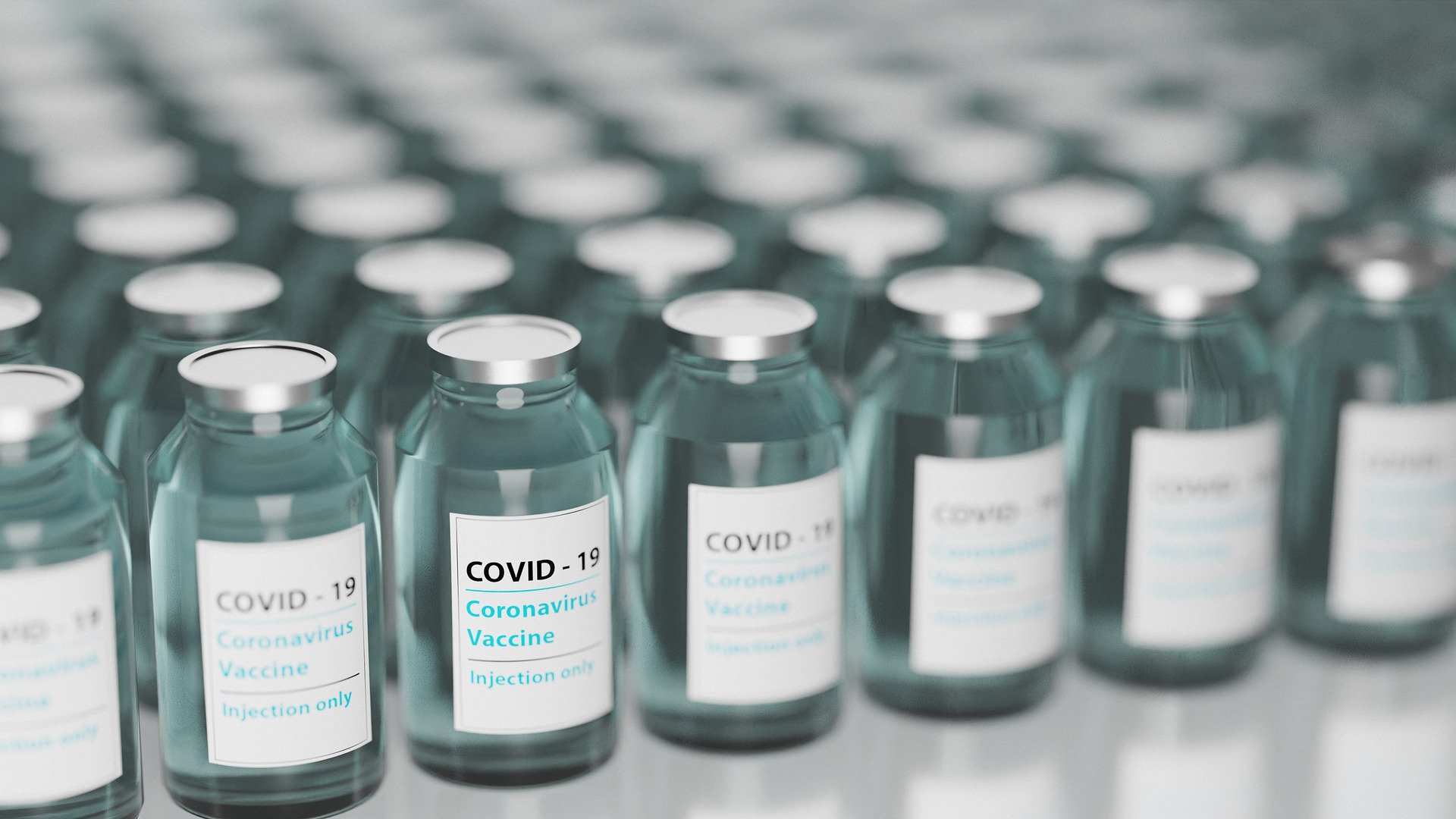Are we opening up when we should be closing down?
This is a strange and contradictory time in the course of the pandemic. On the one hand, restrictions are being lifted in Ontario; on the other hand, the number of cases is steadily rising and all signs point to an even more lethal third wave.
Despite the dire warnings by doctors and public health officials, the provincial government is planning to increase the number of people who can gather together and they’ll be opening up small businesses like hair and manicure salons by mid-April.
A lot of people are already booking their haircuts and mani-pedis, thinking that if the government says it’s okay to do it, they’re all in.
Confirmation bias:
It brings to mind the notion of confirmation bias, which is the tendency of people to ignore information that disagrees with their point of view and to interpret information in a way that confirms their beliefs.
If the public health department is warning of a third wave and more deaths but the government is saying, “let’s open things up,” those with confirmation bias are going to hear only the optimistic messages of the government and they’ll ignore or minimize the warnings of the medical field.
And that is a dangerous way of thinking as the holiday season is upon us. Passover begins the evening of March 27th. Good Friday is April 2nd. March break in Ontario has been delayed and is scheduled for mid-April.
If people decide that it’s safe to get together with their families for the holidays, we could see a frightening spike in hospital admissions a few weeks after the holiday season has begun.
The new variants of concern:
The issue is that with the new variants, things really have changed. Young people are at a much greater risk now of becoming seriously ill and even dying. The age group most affected by Covid-19 these days is the 20-39-year-olds.
We can tell ourselves that the risk of catching Covid is low and that we can get together with our loved ones over the holidays, but in fact, the new variants of concern are making up more than 40% of new cases in Ontario and people infected with the variant have a 60% higher risk of death than from the original strain of Covid.
It’s unfortunate that we’re getting mixed messages from those responsible. The government of Ontario is saying that we can let down our guard, but our public health officials and hospital-based physicians are saying that we should be even more careful than before as the new variants are much more infectious than the original Covid strain.
There’s some good news, but…
The only good news is that the vaccine roll-out is proceeding. But getting a first shot does not mean that we should throw caution to the wind. We still need to be careful and think about who we come into contact with.
I personally will not be socializing with anyone until I’ve had my second dose of the vaccine and I’m assured that all the people I’m meeting up with have both of their doses as well.
The upcoming holiday season could be highly detrimental to our mental health, because it can take us on a nasty roller-coaster ride. The high point will be our joy, based on our false belief that it’s now safe to gather with our out-of-household loved ones. The low point will be our devastation when people start to get sick.
Is it worth it to celebrate with people outside of our own household, right now? I don’t think so.
With the more deadly, more contagious variants making up close to half of the new cases these days, and young people being that much more vulnerable to serious illness, it’s not worth the risk.
Rather than setting yourself up for a mental health roller-coaster, it’s time to practice some good mental health self-care.
Here are my four tips for preventing a mental health roller-coaster this holiday season:
1. Let go of magical thinking: You need to focus on the facts, not on what you wish were true. That’s what will keep you safe, both physically and in terms of your mental health.
2. Be patient, not impulsive: You need to think before you act about the potential consequences – to yourself and others – of your actions.
3. Stay informed: You need to base your choices on the facts; not on how you wish things would be, or on the things said by people who confirm your point of view
4. Tolerate your disappointment through self-compassion: You need to remind yourself that disappointment is not disaster, and that although it’s tough, you’re strong enough to get through it. Try to self-soothe with positive self-talk and remember that we’re almost at the end of this.
If you want to avoid a mental health roller-coaster, follow the four points above. You’ll stay safe, mentally and physically and you’ll be able to make the most of things when the pandemic is finally over.
__
Sign up here for my free biweekly wellness newsletter that brings you fresh, thought-provoking content.
Subscribe to my YouTube Channel where you’ll learn simple tips for taking the best care of yourself and your loved ones.
Tune in to my Ruthless Compassion Podcast where I go in-depth about topics like mental health, trauma, and loneliness.




